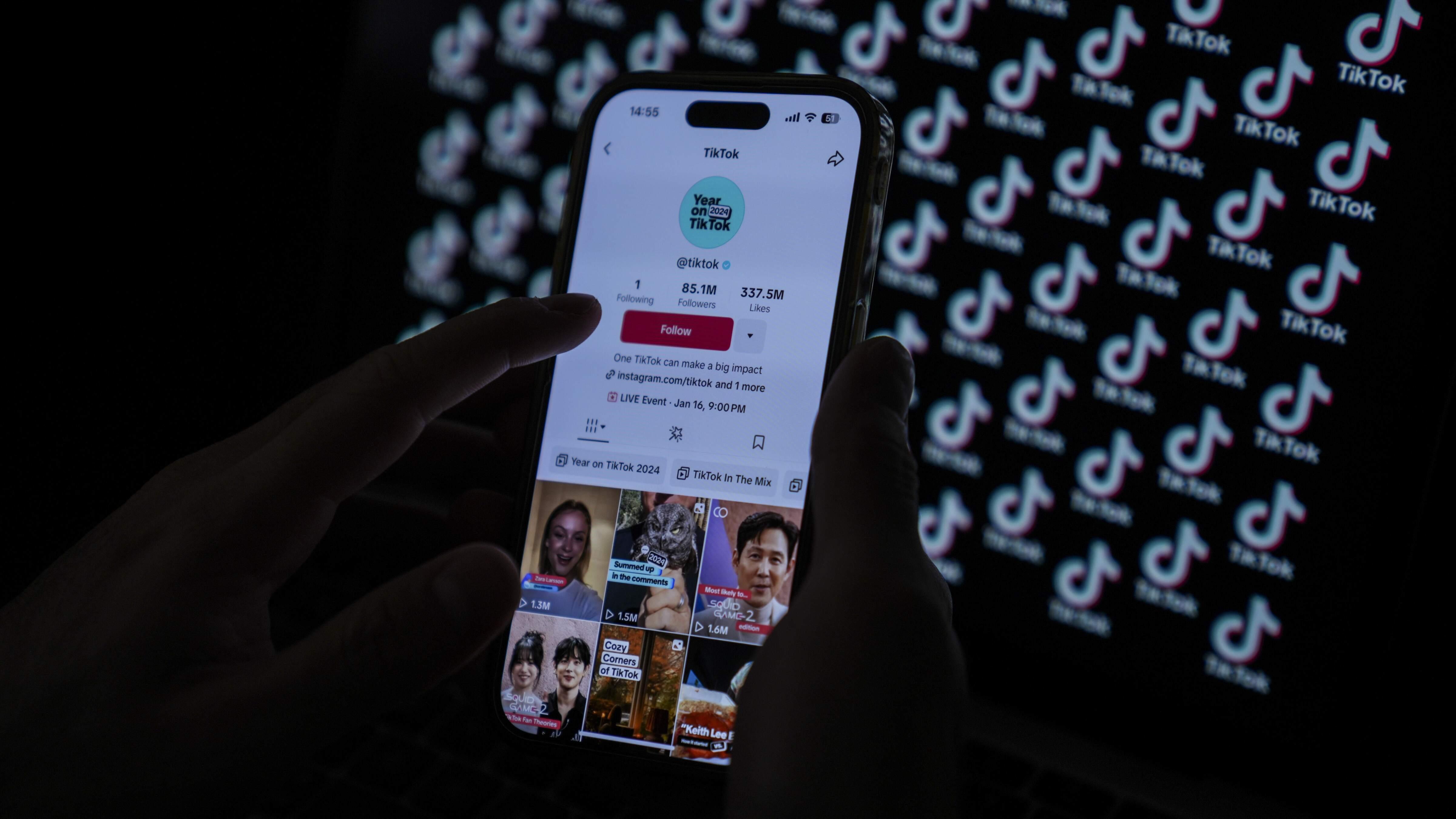President Gül praises Constitutional Court for ‘implementing universal law’
Taha AKYOL - takyol@hurriyet.com.tr
 The Constitutional Court has caught attention recently with its rulings that have been in line with universal law. It is not only about the recent rulings that it has made regarding individual applications, but also the fact that the Court does not hesitate to cancel laws that the government considers important, if it detects any irregularity.
The Constitutional Court has caught attention recently with its rulings that have been in line with universal law. It is not only about the recent rulings that it has made regarding individual applications, but also the fact that the Court does not hesitate to cancel laws that the government considers important, if it detects any irregularity.What does President Abdullah Gül think about the Constitutional Court’s stance? I asked him on June 26, and he stressed that it was him who appointed many of the Court’s current member judges.
“I appointed 11 of the current 17 members of the Constitutional Court. It is pleasing that important verdicts are taken unanimously. While I was appointing the judges, I first of all focused on the merit needed to be a judge of the Constitutional Court. Of course, a judge has political views, but when on duty the only thing he or she has to take into consideration should be universal law,” Gül said.
He recalled the top court’s “367 decision,” which cancelled the first round of the presidential election in 2007, saying it was “political and ideological,” but added that he was very pleased that the Constitutional Court - including the members he appointed himself - is now acting according to “universal law.”
‘Confidence in the Constitutional Court’
“The Court is implementing universal law, the practices of the European Court of Human Rights [ECHR],” Gül said, stressing the importance of the right to direct individual application to the Constitutional Court, introduced last year. “Our Constitutional Court, by implementing universal law, has proved that it is a court of the same caliber of those in developed countries.”
Gül said the right to individual application to the Constitutional Court had led to a decrease in the number of applications from Turkey to the ECHR and added that he believed they would continue to do so.
When appointing judges
Discussing how he decided to appoint members to the Constitutional Court, the president stressed the importance of “universal justice and conscience.”
“Naturally, first I research their qualifications and careers. When I decide to appoint a member, I call him to talk. I told all the members that I appointed: ‘Just act according to universal justice and conscience and don’t be influenced by anything else,’” he said.
Touching on the recent verdicts of the Constitutional Court that disturbed the government, such as the crucial annulments regarding bills on the Court of Accounts and the Supreme Council of Judges and Prosecutors (HSYK), he said responses should be more detached.
“We should consider Constitutional Court rulings not in terms of ‘liking and disliking,’ but by evaluating whether they are in line with universal justice in developed countries,” Gül said.
He also spoke about the U.S. Supreme Court, saying that the members were appointed by the president, a political character, but they were generally less swayed by partisan political views.
Judge and politics
“In America, presidents appoint the members of the Supreme Court. Presidents are either from Democrat or Republican Party. It is normal for them to appoint individuals who are politically closer to themselves. However, after the appointment, a member rules according to his own legal consideration and conscience, not the president’s views. In short, they act like judges. This is very important. Furthermore, appointed members are checked by the public, which considers their actions,” he said.
Two examples from US
I would like to make a contribution here. I wrote about this before: President Reagan tried to appoint ultra-conservative Robert Bork as a Supreme Court judge in 1987, but he was rejected by the Senate.
President Bush recommended his own adviser Harriet Miers as a Supreme Court judge in 2005, but even his own party revolted. Bush stepped back, appointed Samuel Alito, who was a qualified judge, and the Senate approved.
You see, in “Poor Obama’s” country, checks and balances work smoothly.
We witness the quality of Constitutional Court judges from their verdicts, their “counter votes” and their books.
The result: It is extremely important for politicians who make appointments to public offices, and particularly to the judiciary, to have awareness about the rule of law and the objectivity of public services.
















